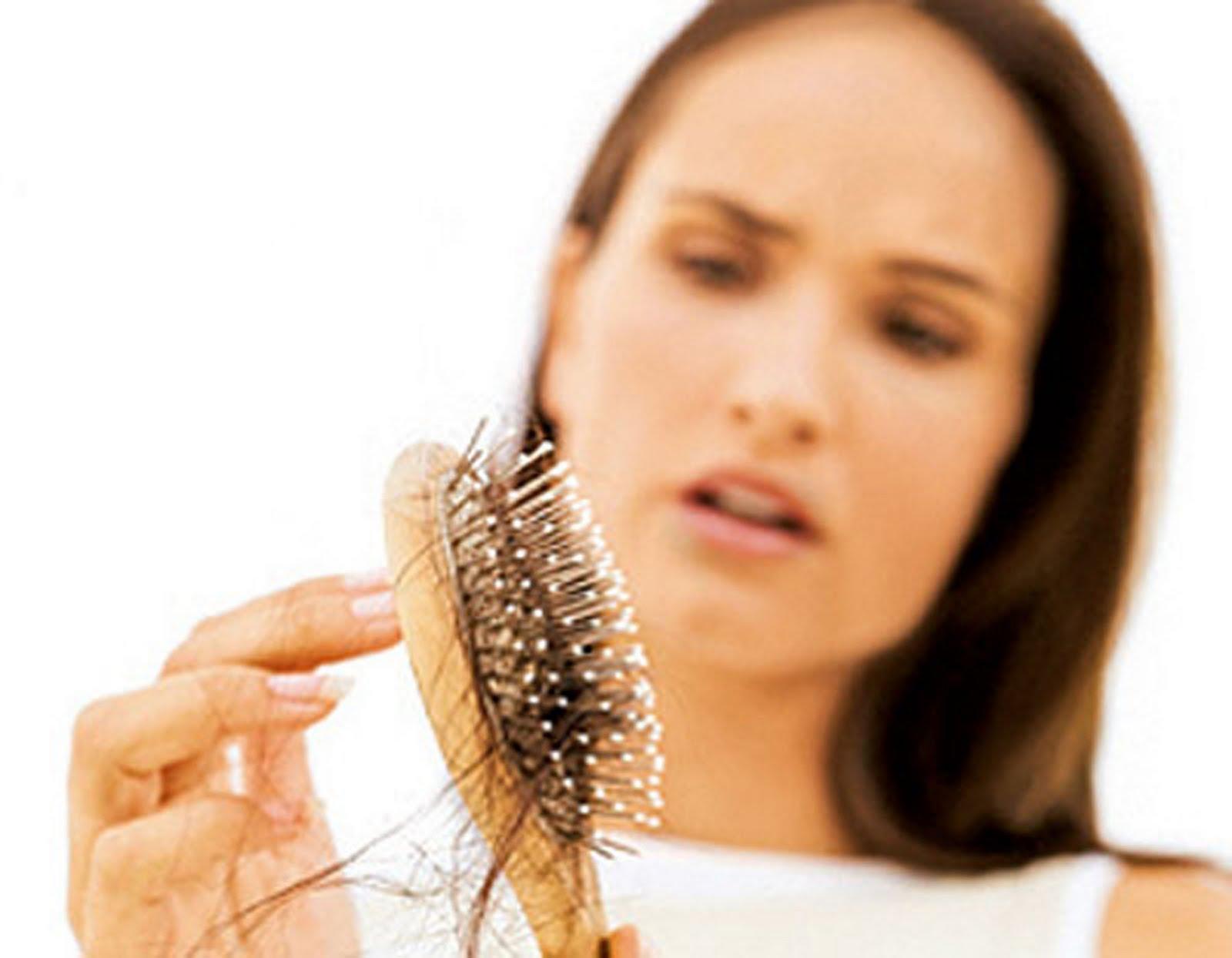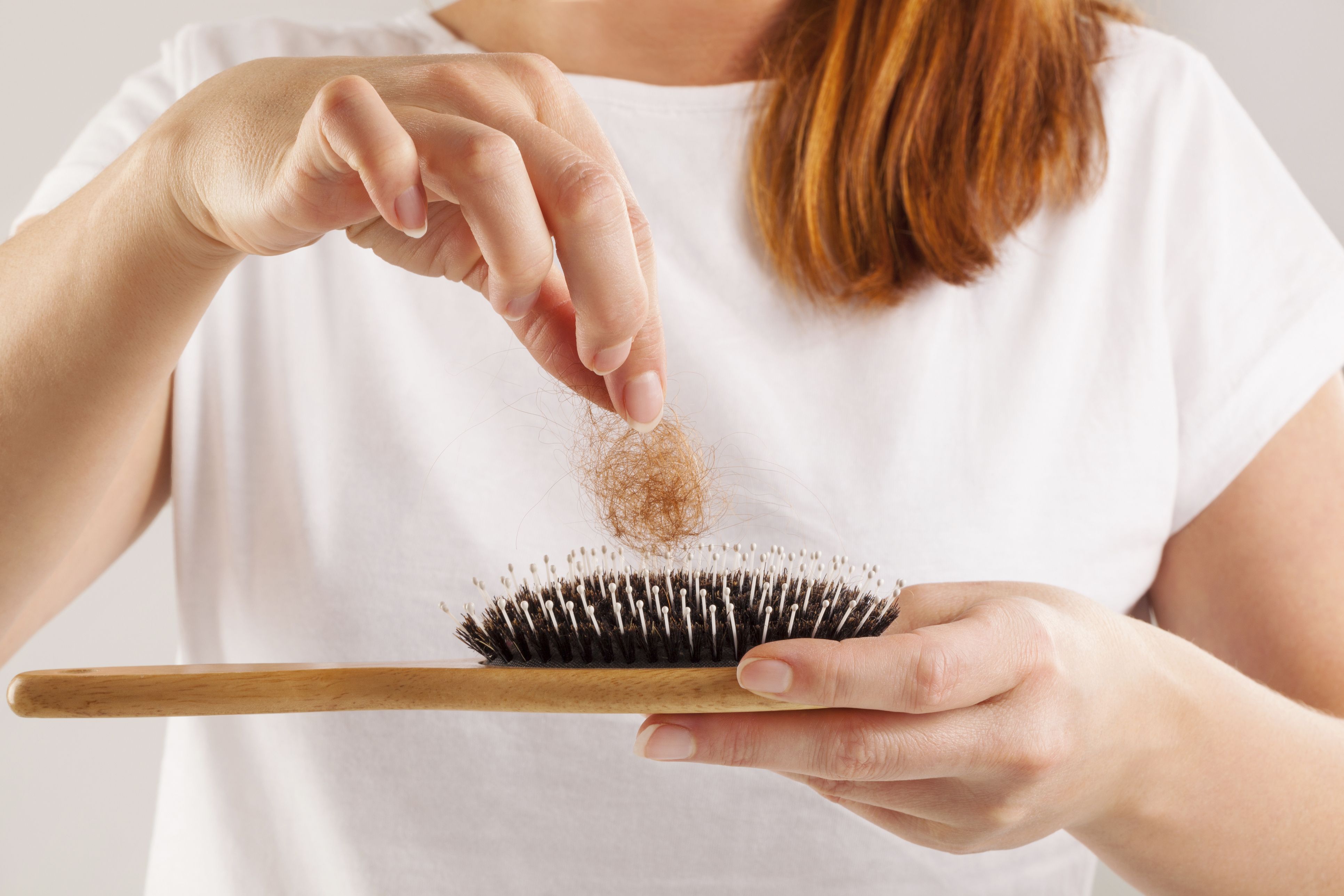Table Of Content

Although it’s more common in men, hair loss regularly affects women and people of other genders. You may experience any one of several types of hair loss, such as hair thinning, a widening part, or patchy hair loss. Most baldness is caused by genetics (male-pattern baldness and female-pattern baldness). Early treatment of a receding hairline (frontal fibrosing alopecia) might help avoid significant permanent baldness. The cause of this condition is unknown, but it primarily affects older women. You can prevent hair loss caused by chemical hair treatments by not using them.
How does female hair loss differ from male hair loss?
Alopecia Areata: The Mental Health Toll Of Female Hair Loss - Chatelaine
Alopecia Areata: The Mental Health Toll Of Female Hair Loss.
Posted: Wed, 21 Jun 2023 07:00:00 GMT [source]
Most start to notice it in their 50s or 60s, but it can happen at any age and for a variety of reasons. Androgenic alopecia causes the normal hair growth cycle to shorten. As a result, hair doesn’t grow as long or thick as it normally would. Some women may even notice hair growth changes after going off hormonal birth control pills. Hormonal changes of any kind, particularly falling estrogen levels, can temporarily disrupt the hair life cycle.
Top Reads in Health Education
A person may lose hair as a result of a health-related issue, such as alopecia areata, a nutrient deficiency, or medication use. Treatment for hair loss will depend on the cause, but avoiding heat on the hair and following other lifestyle tips may help. You can lose hair during menopause as your estrogen and progesterone levels drop.
Iron deficiency/anemia hair loss
Male and female pattern baldness are the primary causes of hair loss, but it may also be due to other conditions or lifestyle factors. A doctor will want to explore the potential causes before recommending an appropriate treatment. The most common cause of hair loss in women is female-patterned baldness (androgenetic alopecia). OTC medications may help reduce hair loss and promote growth.
Androgenetic alopecia can occur at any age after puberty, but it’s most common in postmenopausal women. Advancing age and a family history of the condition are two of the primary risk factors. This usually isn't noticeable because new hair is growing in at the same time. Hair loss occurs when new hair doesn't replace the hair that has fallen out. A healthcare provider will do a thorough examination and take a detailed history to understand changes in your hair growth. Your provider will also ask about what medications or supplements you currently take.
Before pursuing hair loss treatment, talk with your doctor about the cause of your hair loss and treatment options. If you have hair loss due to stress or hormone changes like pregnancy, you may not need treatment. The condition can be caused by many different things; from lifestyle changes, iron deficiency, or even illness. This April marks Stress Awareness month in the US, a calendar moment designed to raise awareness of the pervasive and damaging nature of stress.

The most common products contain an ingredient called minoxidil. In many cases, a person’s hair will return to its usual state once a doctor has treated the underlying condition. Some people may choose to use a scalp concealer, hair topper, or other product to cover hair loss. If you have a deficiency, your doctor may suggest multivitamins or supplements like iron and biotin.
Why is my hair falling out? Learn the causes of hair loss
Some forms of hair loss are hereditary or caused by illness, so there’s no foolproof way to prevent clumps from falling out. Both overactive and underactive thyroids can make hair fall out in clumps. It can also go hand-in-hand with autoimmune conditions, like alopecia.
Use over-the-counter hair loss medication
But your doctor can check for underlying problems like thyroid disorders or nutrient deficiencies. As for psychological stress, the link is less well-defined. However, many people have reported losing hair at times of extreme mental stress or anxiety. And hair loss for other reasons can still be stressful. Whatever the cause of your hair loss, seeking medical attention from your primary care doctor or a dermatologist can help you identify underlying causes.
Woman Shares Homemade Recipe She Claims Cured Her Distressing Hair Loss - Newsweek
Woman Shares Homemade Recipe She Claims Cured Her Distressing Hair Loss.
Posted: Thu, 21 Sep 2023 07:00:00 GMT [source]
Physical, mental, or emotional stress, along with certain medications, can cause larger-than-normal amounts of hair follicles to push into the resting phase of the hair cycle. When this occurs, as much as 70% of scalp hair can fall out, often in handfuls, around two months after the trigger. Itchy scalp and hair loss can both be caused by a number of different factors, including medical conditions, environmental factors, and genetics.
Don't take any supplement before checking with your doctor. They may interact with other medications or supplements you take. It's most often temporary, but sometimes it can last for months or years. With new techniques, many women benefit from hair transplantation surgery.
Illness can trigger hair loss, especially if it goes hand-in-hand with a high fever. “Any major shock to the body can cause you to start shedding two or three months later,” Dr. Khetarpal says. But it typically takes a major stressor, like divorce or the death of a loved one (a big work deadline or a blind date probably isn’t enough to make your strands say sayonara).
If you believe medications are causing your hair to fall out, talk to your healthcare provider about changing dosages or finding an alternative medication. ‘Traction alopecia is hair loss caused by repeated pulling or tension on the hair follicles. Tight hairstyles like braids, weaves, or ponytails are common culprits. There is some overlap between itchy scalp and hair loss.

No comments:
Post a Comment